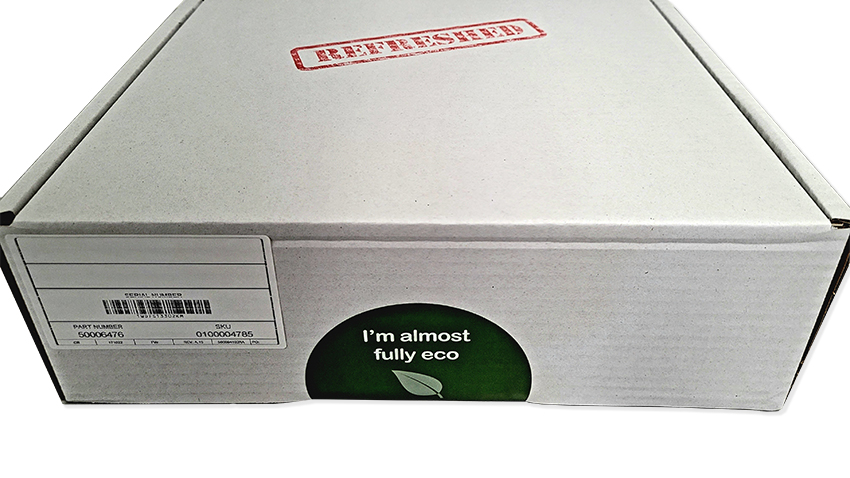It should be of little surprise to anyone these days that people are looking to make savings in as many areas of their lives as possible.
We have had a tawdry few years of late, where an already precarious global economy has had to weather the onslaughts of the Corona pandemic, trade wars and increasing conflicts worldwide.
This has resulted in inflation and an increased cost of living throughout most of the world. Here, in the UK we have that coupled with chaos in government and a lack of content leading to industrial action in some of our trade unions.
How is this influencing consumer spending ?
It has been noted that the massive increase in the cost of fuel has had the effect that people are now ( on average ) driving more slowly to conserve petrol/ diesel. Similarly many are far more aware of the cost of home appliances and home heating – keeping a close eye on them and keeping spending to a minimum.
“streaming video ( ie Netflix ) from a PS5/ Xbox will use up to 20 times more electricity that watching it via your TVs own app”
Notably we see an increase in the refurbished/ pre-loved market. For many years, since the inception of eBay in the late 80’s there has been an established market for second-hand clothes. Now we have Depop and Vinted ( as well as a host of other platforms ) which allow frictionless purchasing of these ‘pre-loved’ items.
“Since 2020 the market for these ‘pre-owned’ goods has increased by 50% and looks to continue to grow over the next few years – now accounting for nearly 7 billion in sales”
What is the secret to this trend?
Basically the basis of shopping for refurbished goods ( especially online ) is TRUST. eBay nailed this in its early days by integrating seller ratings deeply into its data flow. In a similar way, all platforms which advertise refurbished or second-hand goods have to offer a good level of consumer protection. Trust is so important.
The vast proportion of sales of pre loved goods are from the categories below.
%
Vehicles
%
Clothing
%
Books
The rest is comprised predominantly of electrical goods – the beauty of these is that so many high quality products get rendered obsolete (to the owner at least ) in such little time meaning that there are pre-loved items available for purchase which are as good as new and using very up to date technology. In this way one can buy, for example an iPhone 11 ( refurbished) with a full warranty for half the price of the latest model.
Another great, and often understated, bonus result of the refurbished market is that waste is minimised – we hear so much about rampant consumerism and its deleterious effects on the environment that, to reuse a product just makes sense. It minimises waste, it saves money and it decreases the associated emissions of production and transportation.
So, you may ask what is our point here? Our primary point is that we also love pre-loved telecoms.
Telecoms is a fast-moving industry and companies need, often, to adjust their telecommunications infrastructure to react to changes in their working practices or business levels. Sometimes a company will contract, sometimes it will add new departments or services.
The beauty of the reuse-recycle journey of refurbished telecoms is that it offers a lower cost of ownership to an expanding company whilst, at times, allowing a contracting company to realise ‘cash’ from their obsolete assets. At Best4Systems we curate the entire cycle – we buy back goods that are no longer required; we refurbish them, and we resell them with our own 12 month warranty – saving money for all involved and doing a little to reduce landfill.
We are also able to breathe new life into existing equipment whereby we can repair and restore, and hygienically clean old telephones and headsets ( and other telecoms ), replacing consumables like cords and index cards, and deliver them back to you as new. Well, almost.

